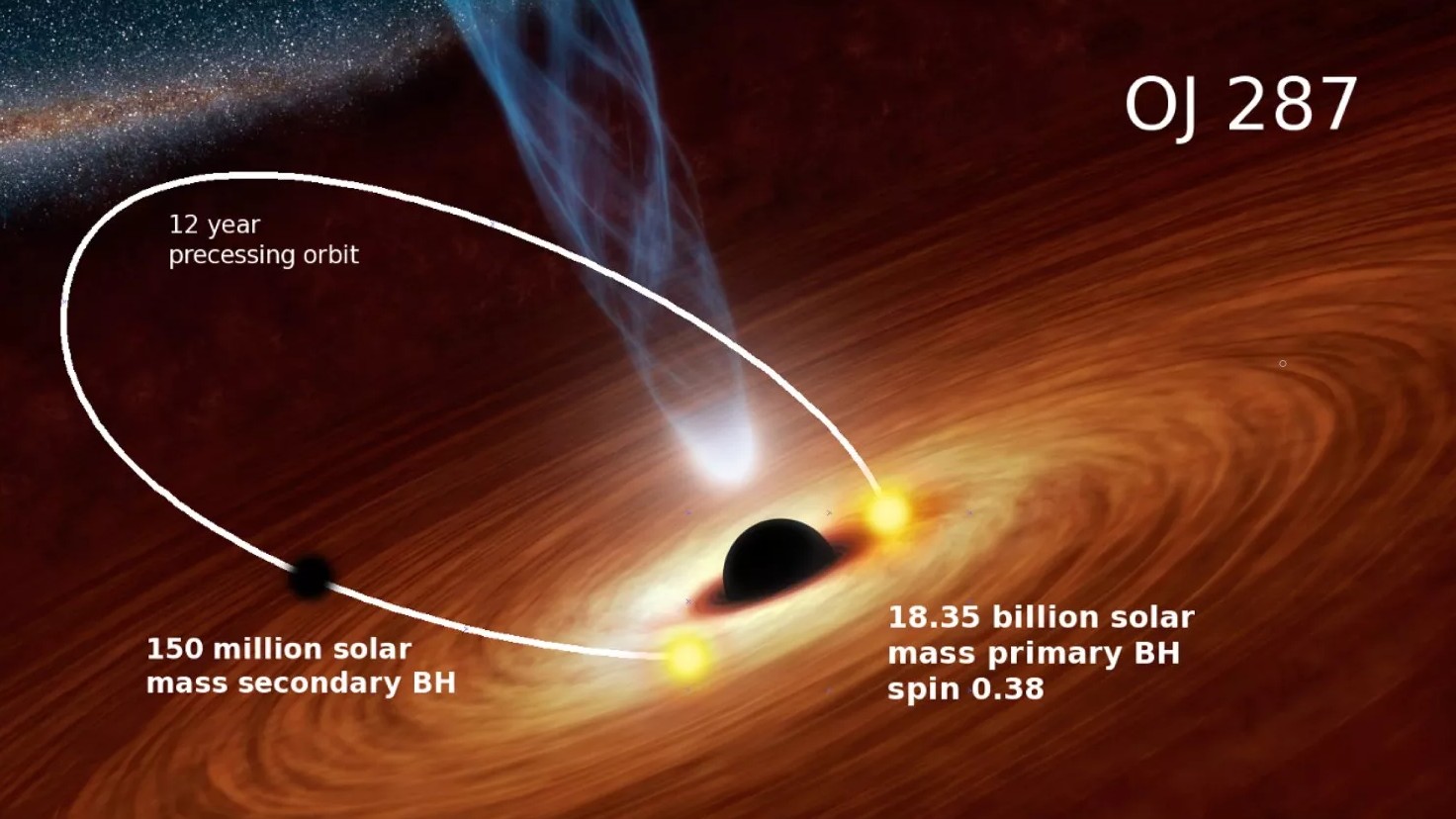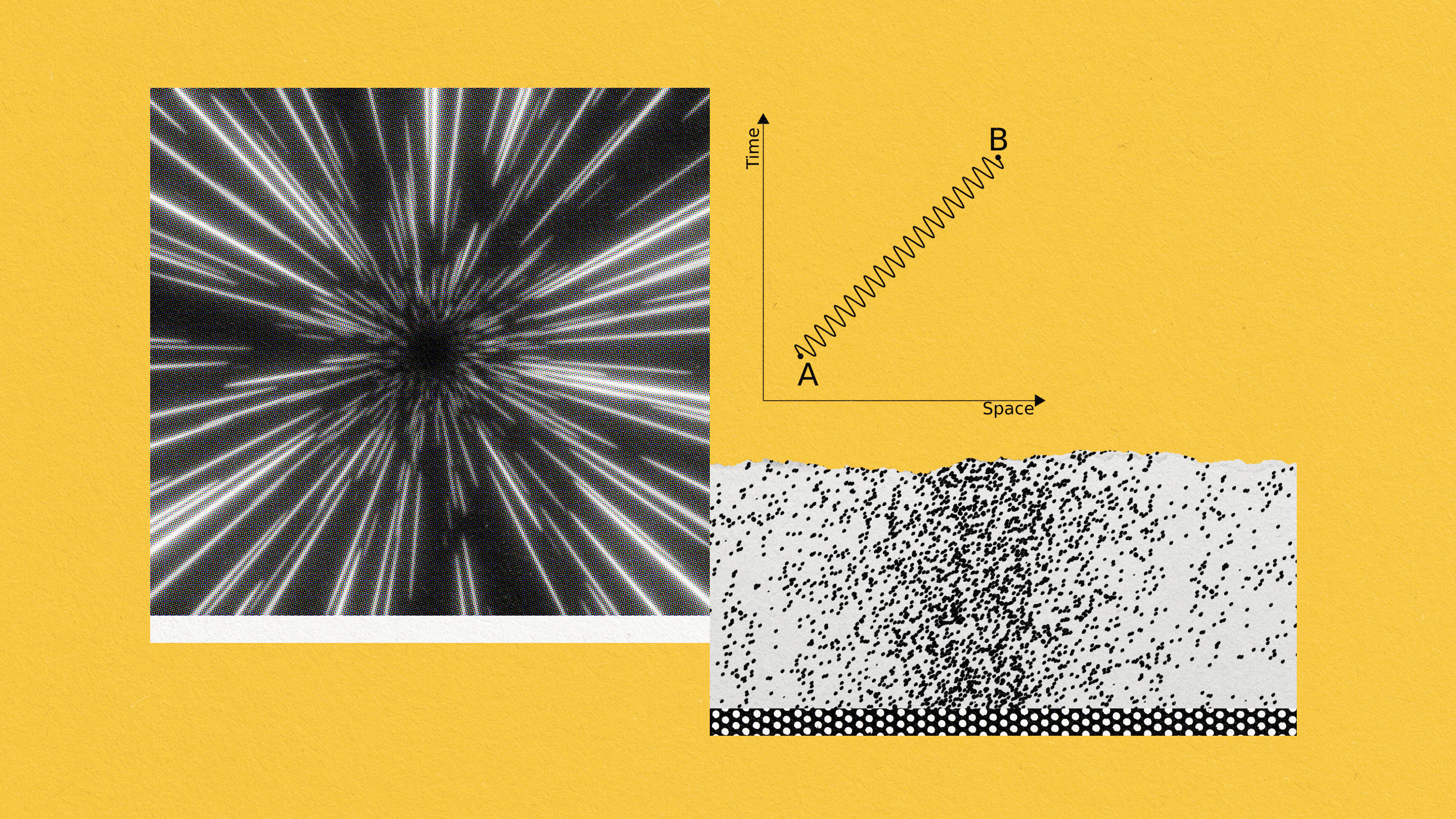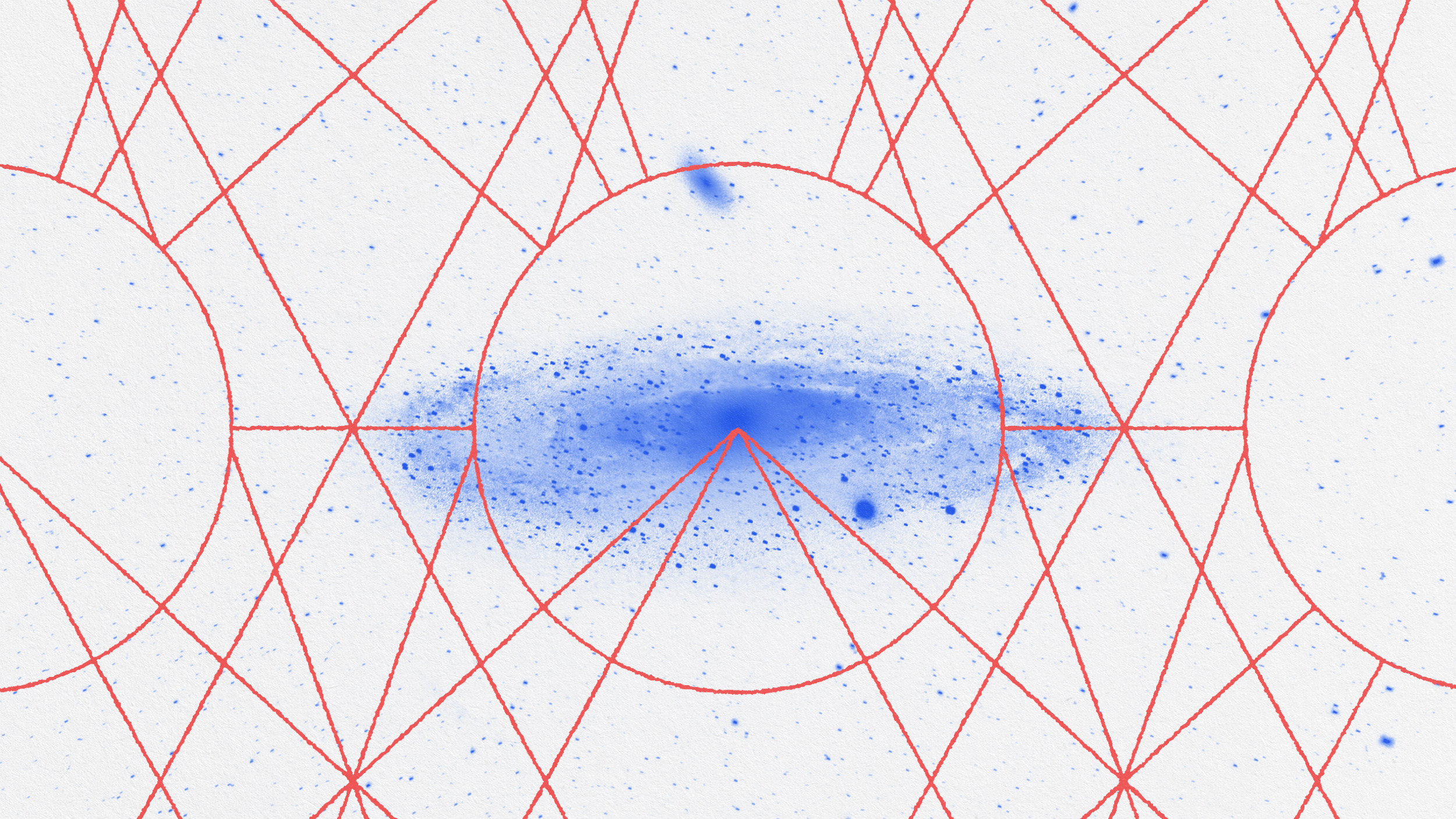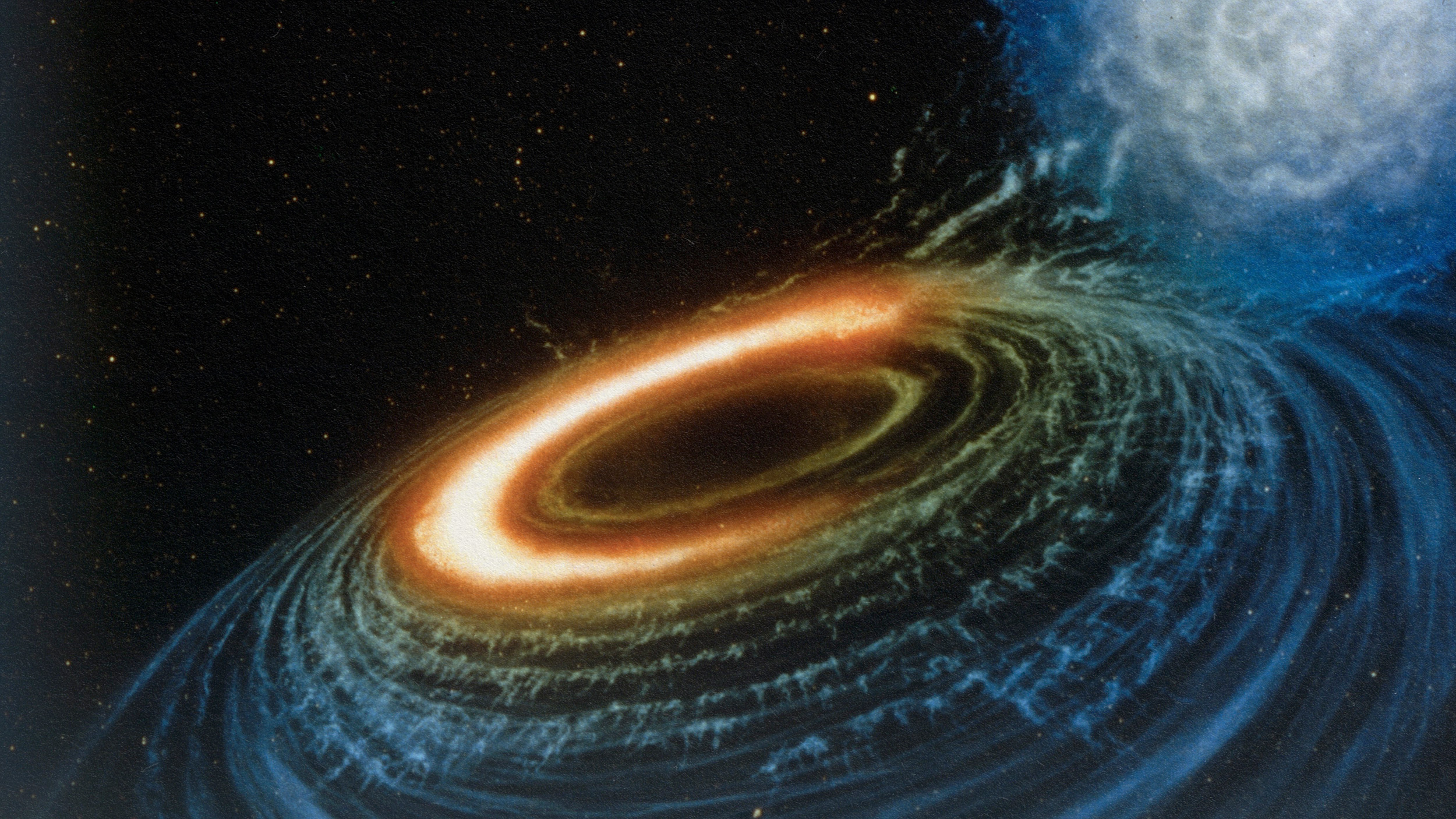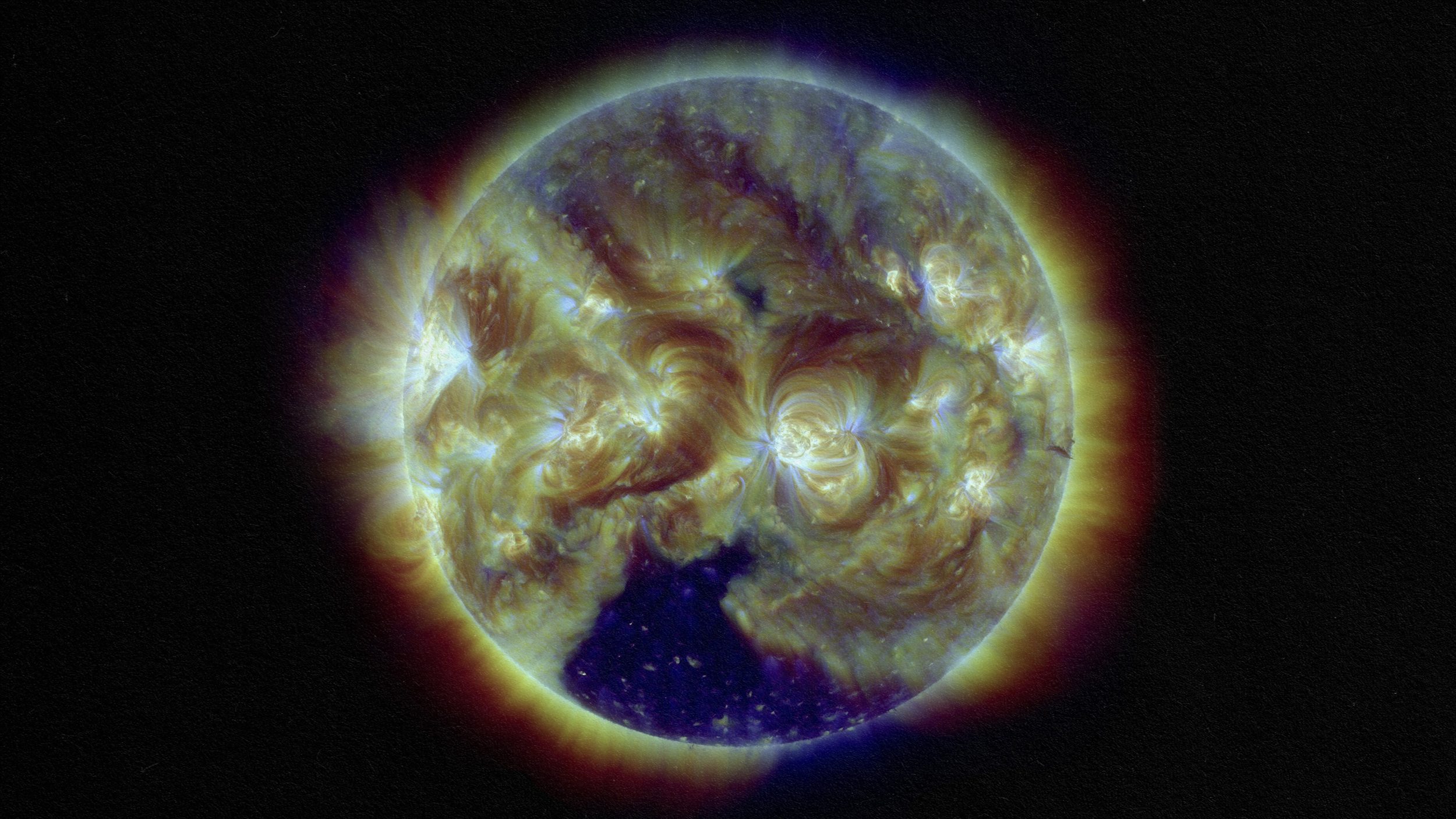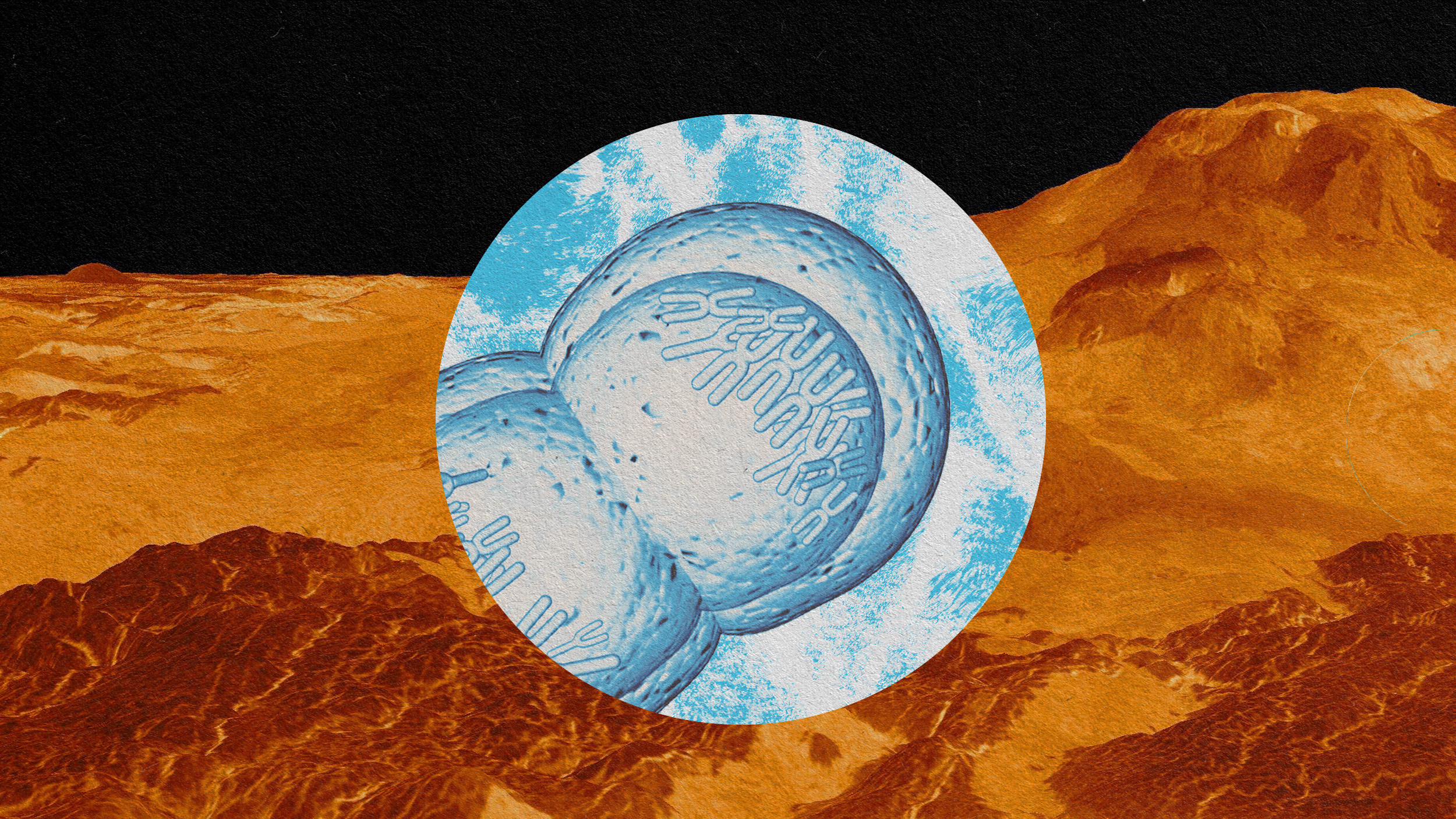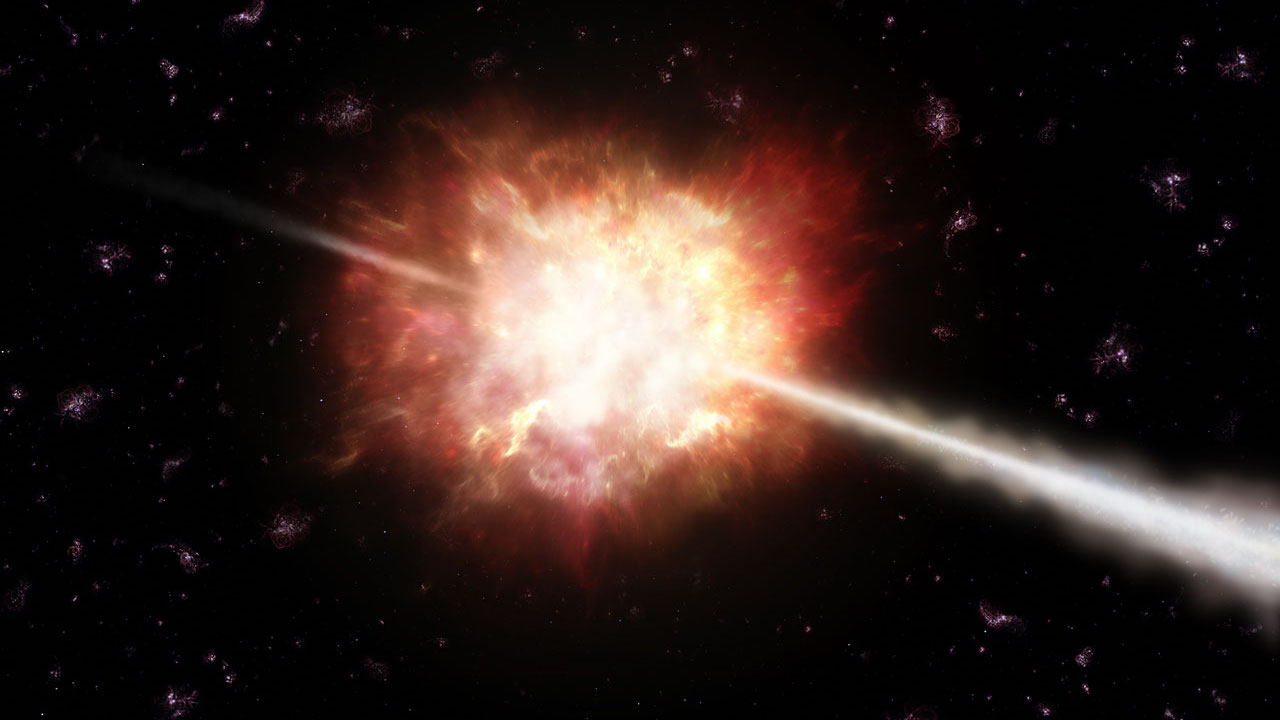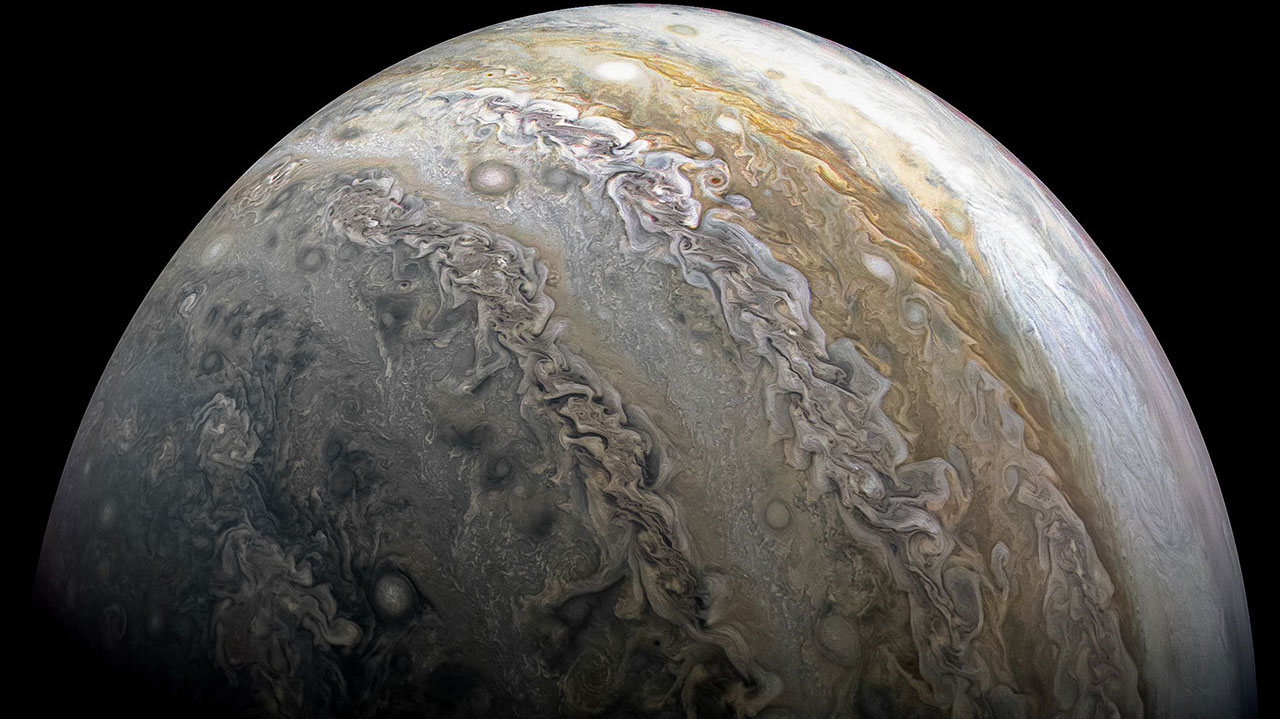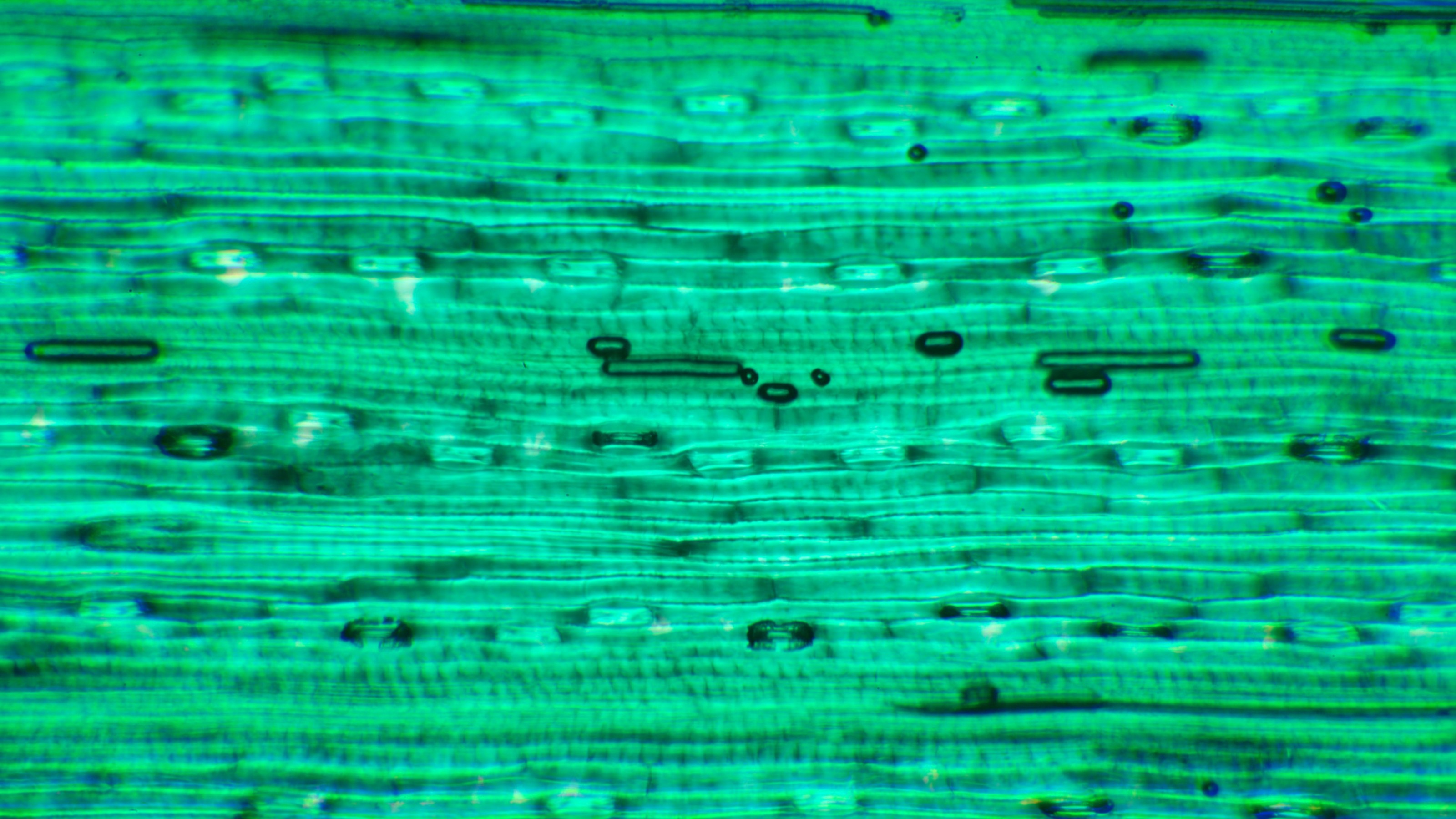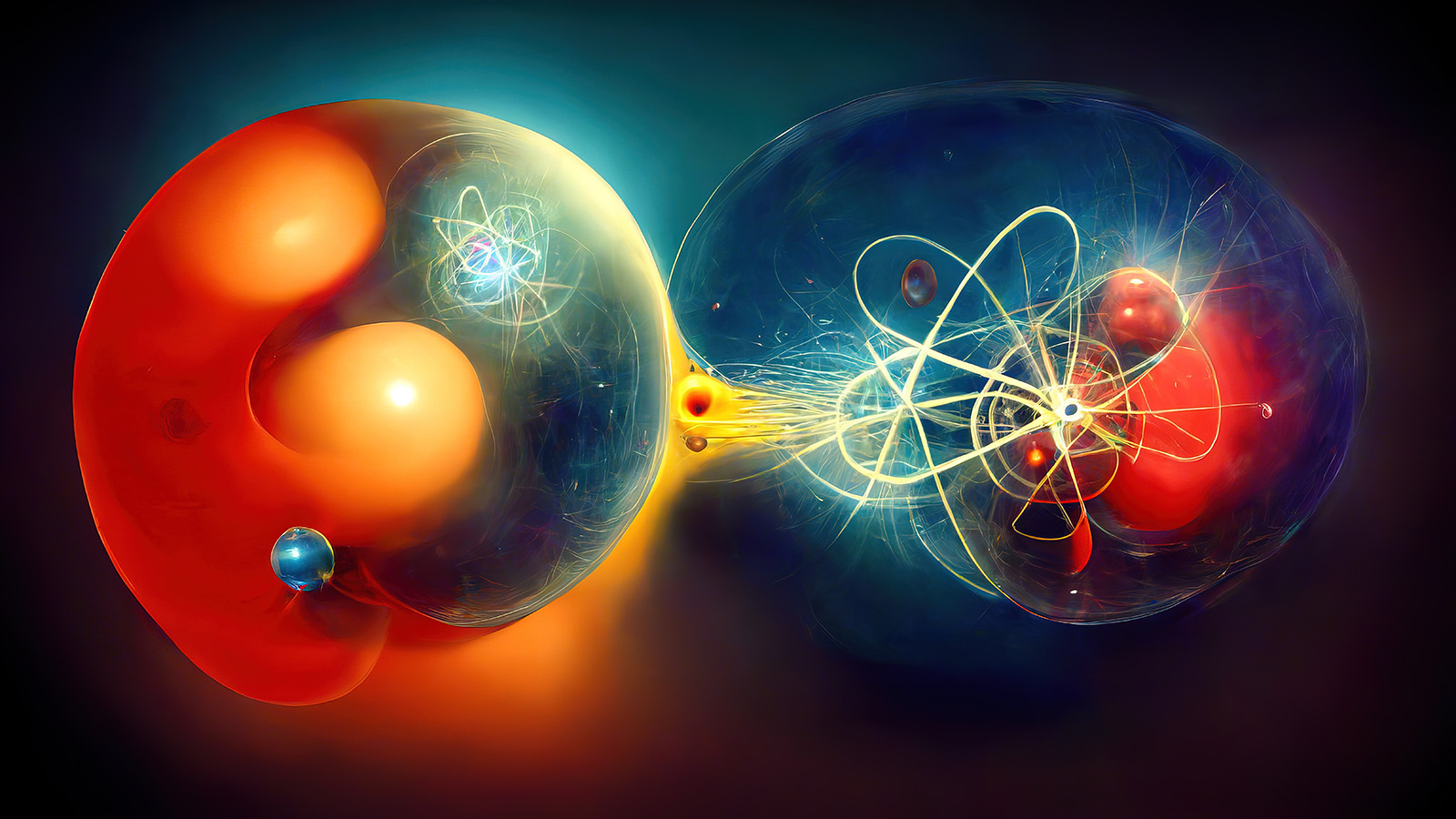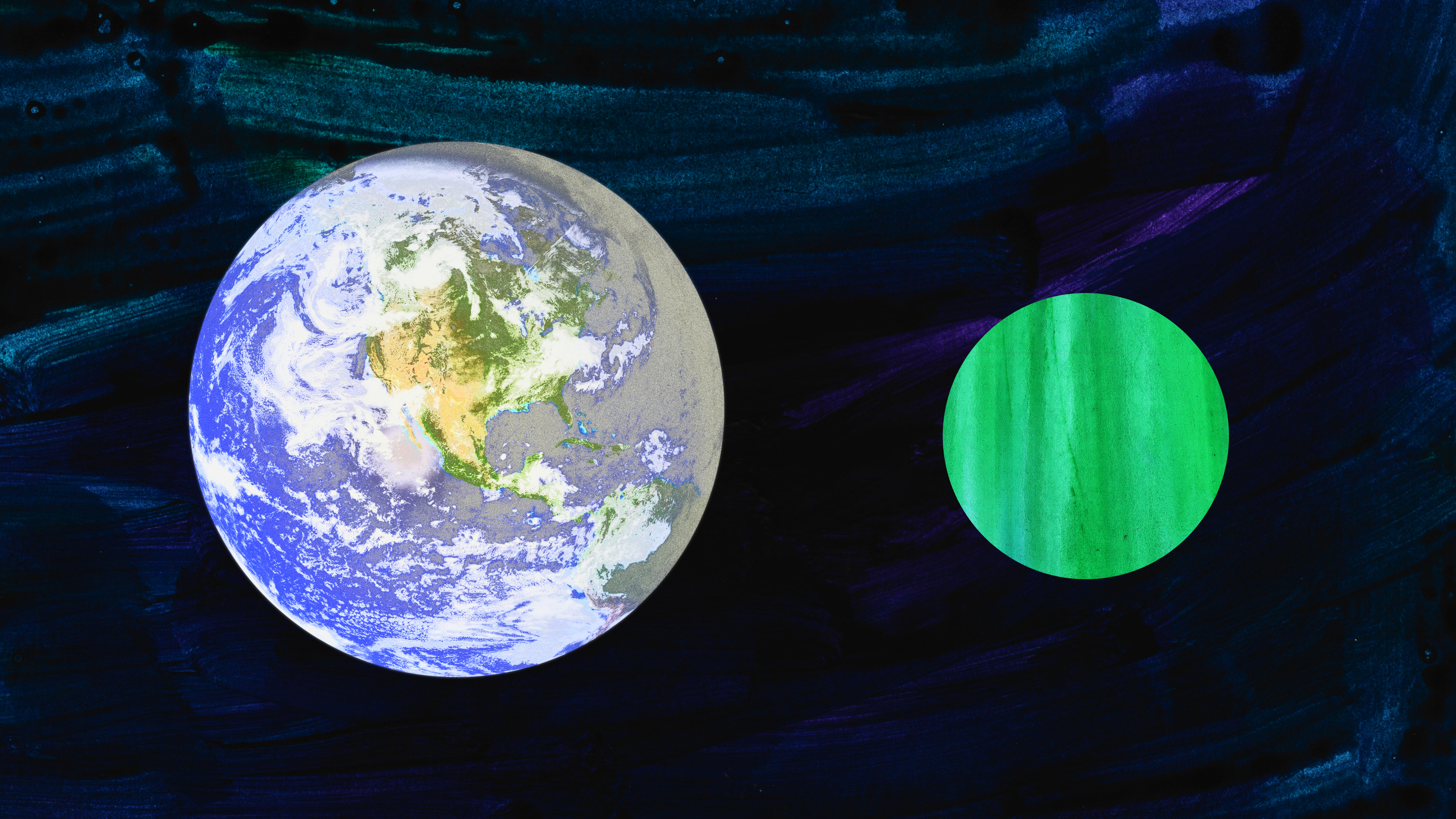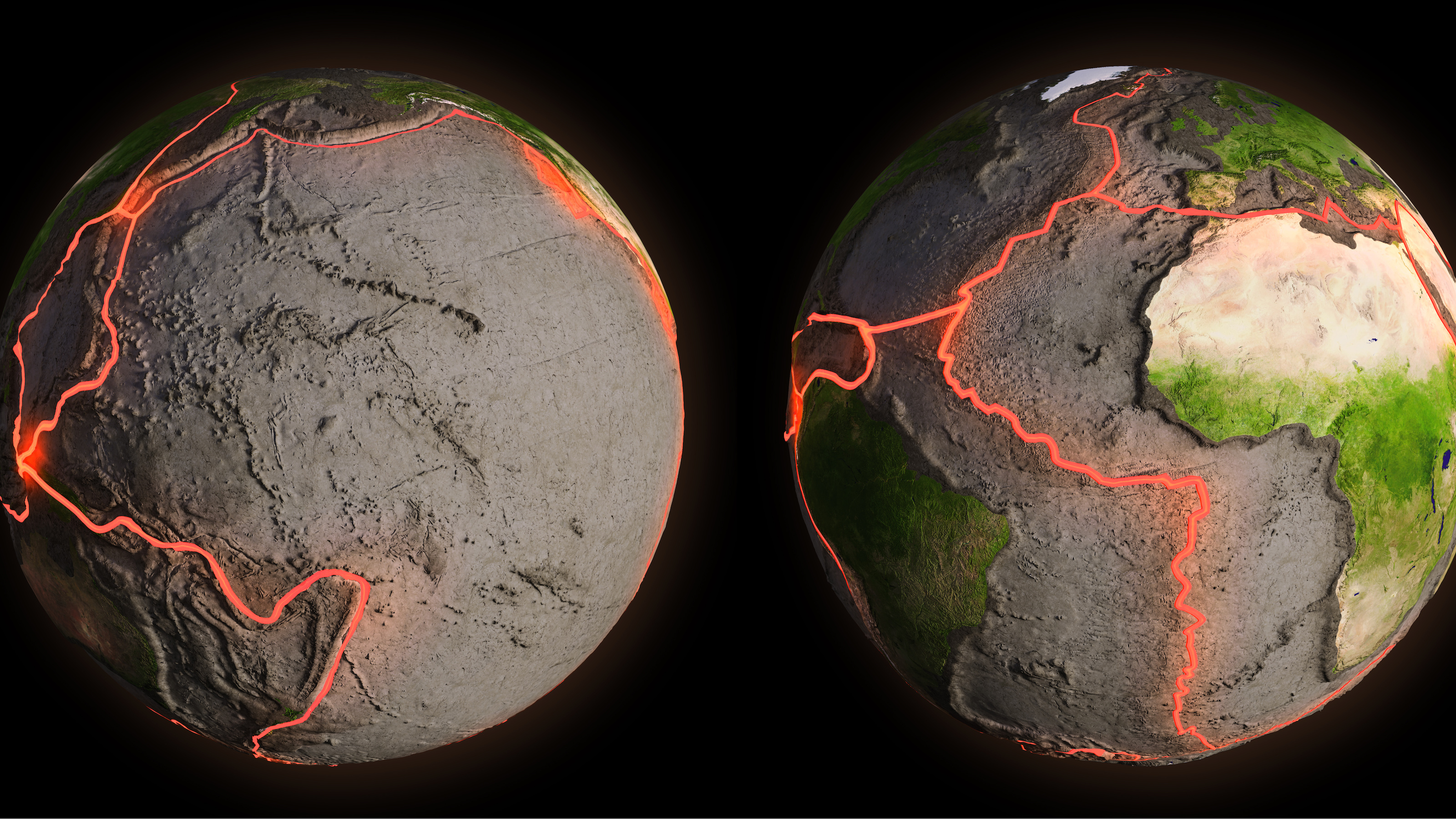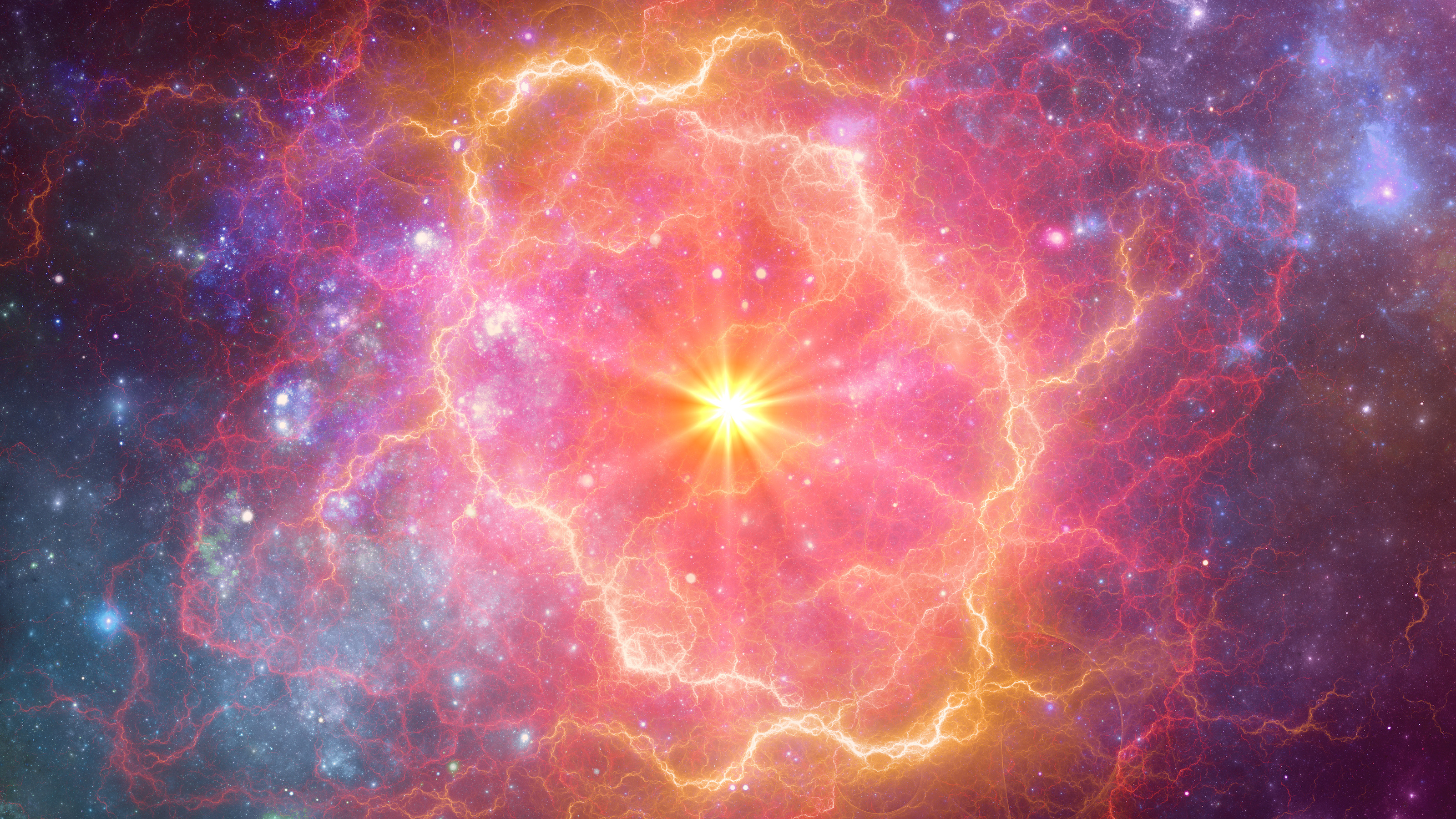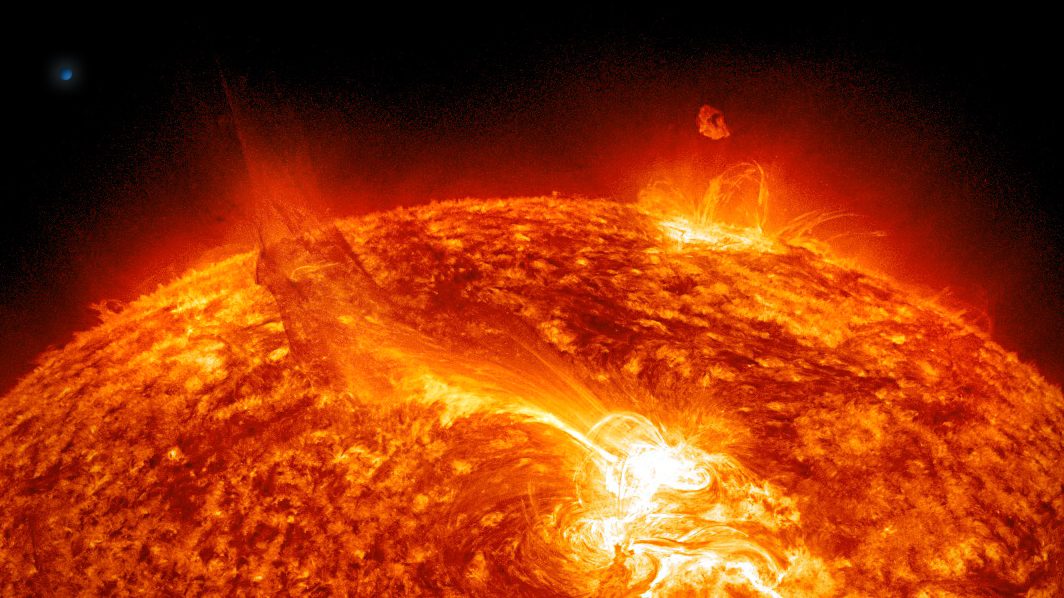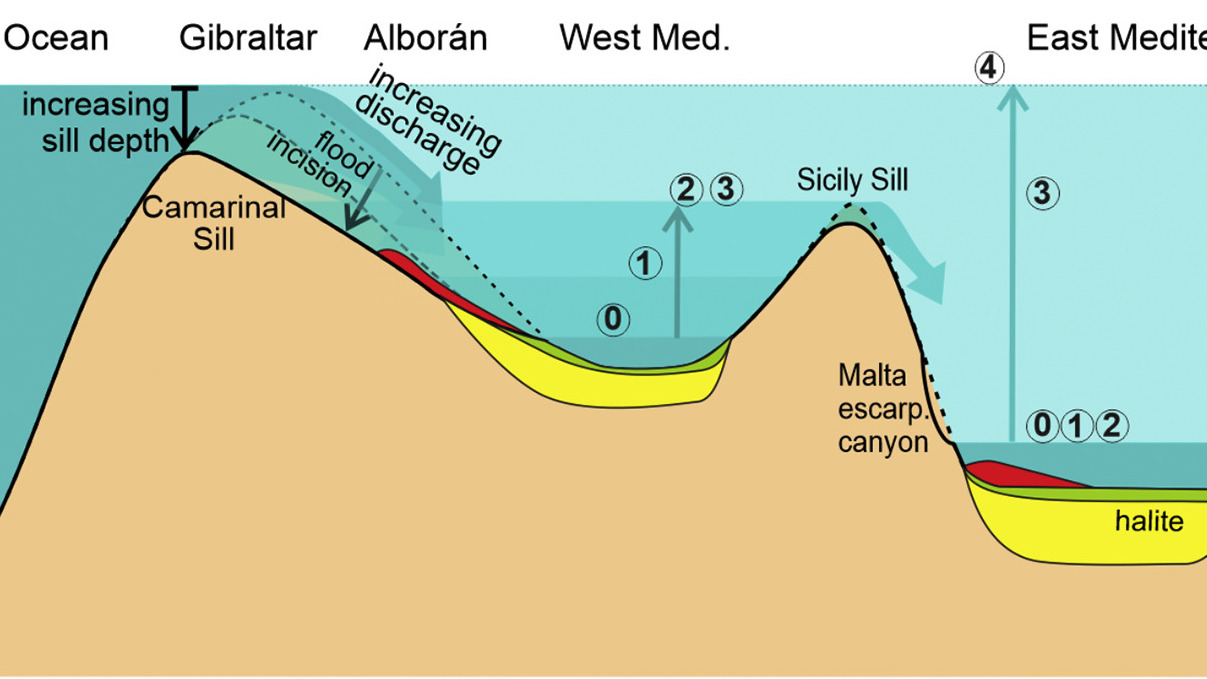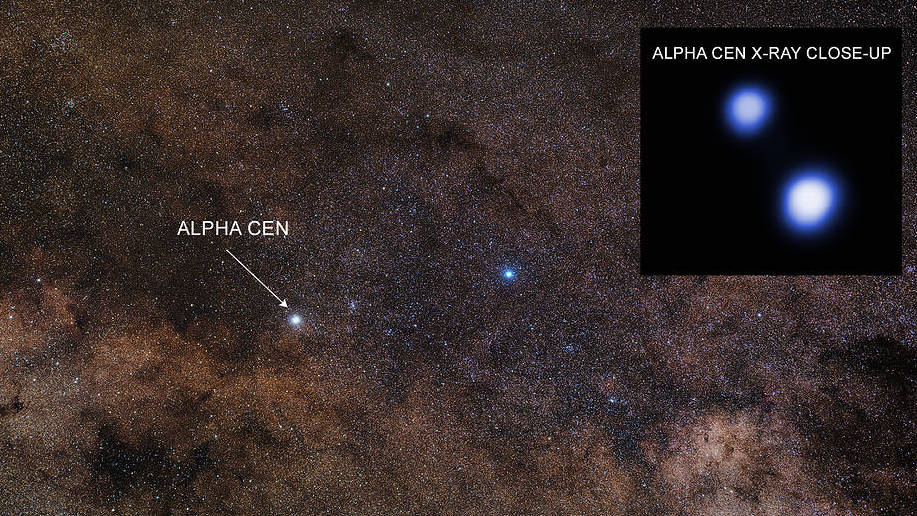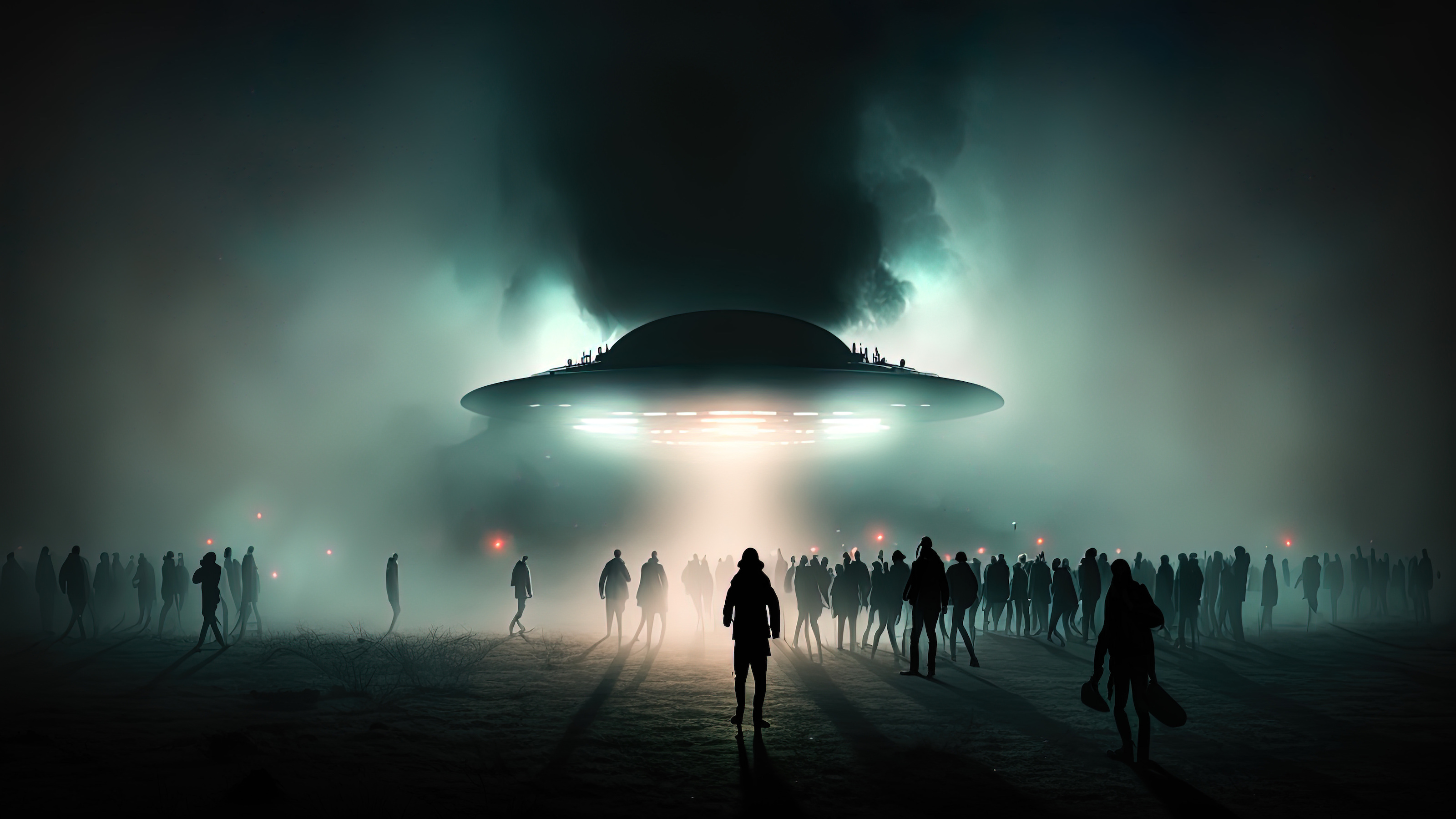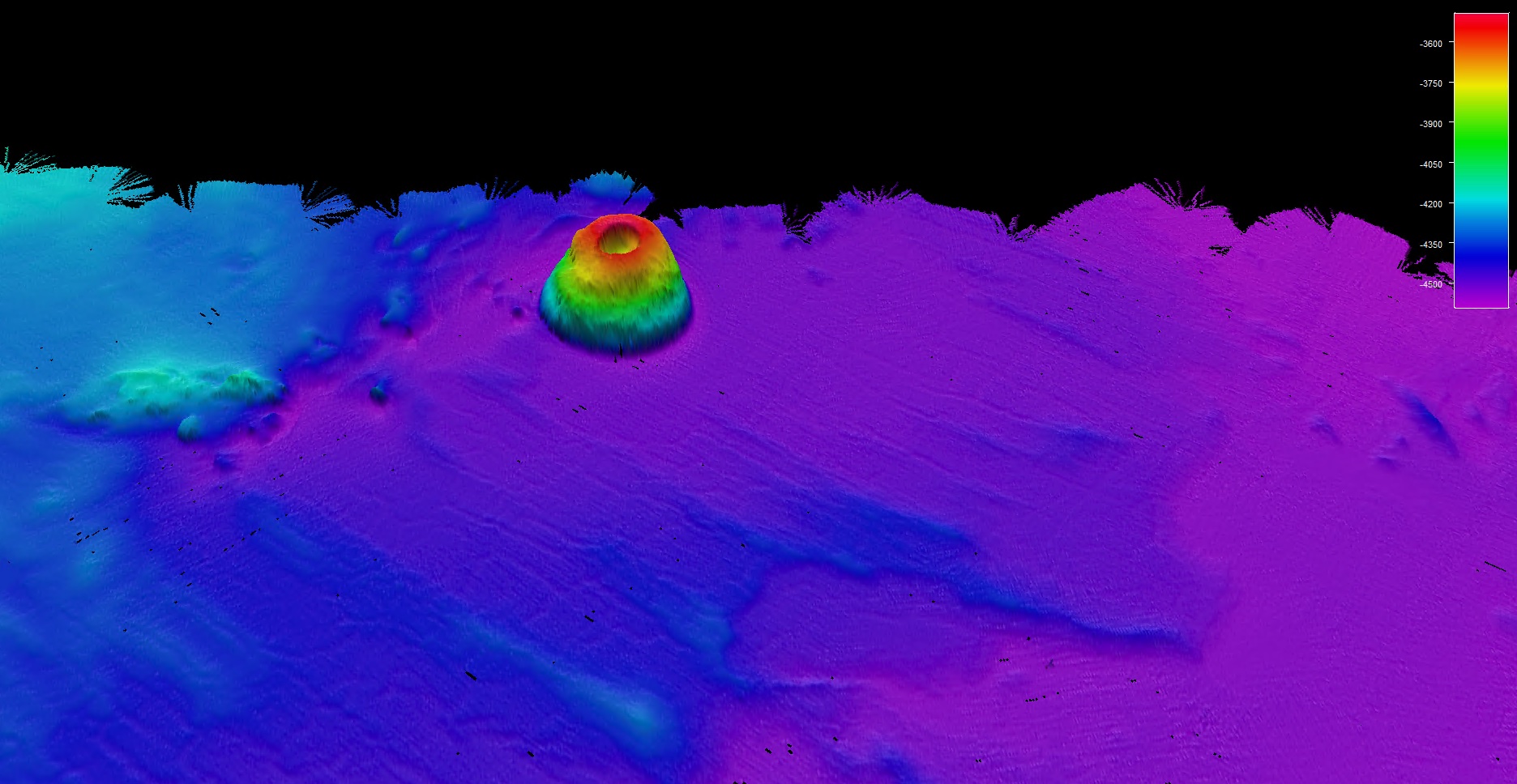Hard Science
All Stories
In a distant galaxy, a cosmic dance between two supermassive black holes emits periodic flashes of light.
From a photon’s viewpoint, the Universe is timeless and dimensionless.
The familiar terrain of solids, liquids, and gases gives way to the exotic realms of plasmas and degenerate matter.
In many ways, we are still novices playing with toy models seeking to understand the stars.
The brightest gamma-ray burst ever observed, GRB 221009A behaved in unexpected ways that might help us understand how they occur.
Neuroscientist and author Bobby Azarian explores the idea that the Universe is a self-organizing system that evolves and learns.
There are 40 billion billion black holes in the universe. Here’s how our Solar System stacks up against ten of them.
We don’t know what causes Miyake events, but these great surges of energy can help us understand the past — while posing a threat to our future.
Exoplanet LP 791-18d is likely to have an atmosphere and liquid water.
Gamma-ray bursts are so powerful they could vaporize the Earth from 200 light-years away. Recreating them in the lab is not easy.
The outer planets’ clouds hide the weirdness within.
Plants at room temperature show properties we had only seen near absolute zero.
Particle physicists use gigantic accelerators to investigate the infinitesimal.
“Superhabitable” planets might be real, but Earth is probably as good as it gets.
Does humanity have a moral imperative to seed life on lifeless worlds? And should we avoid colonizing a planet if life already exists there?
The cycles of life all rely on the dynamism of the Earth’s crust.
A next-generation instrument on a delayed rover may be the key to answering the question of life on Mars.
There may be a symmetrical interdependence between order and chaos.
Archaeologists can learn how societies lived by studying what they left behind when they died. Astronomers are doing much the same thing.
Recasting the iconic Carrington Event as just one of many superstorms in Earth’s past, scientists reveal the potential for even more massive eruptions from the sun.
About six million years ago, the Mediterranean was sealed off from the Atlantic, and over centuries it ran dry. One megaflood reversed that.
This oddball system of three stars might be our best chance at finding nearby life in the Universe.
Wind farms seem less productive when scientists incorporate more realistic atmospheric models into their output predictions.
It’s not about fairness. It’s about using every possible advantage.
Laser-guided lightning isn’t the only manmade way to create lightning.
The cosmic microwave background offers clues.
The LHC has a long, productive life ahead of it. An upgraded version, called the “High Luminosity LHC,” will be available in 2028.
Perhaps we should be searching for “other Mercurys” rather than “other Earths.”
You are an energy field — but not the “chakras” or “auras” kind.
An un-crewed sailing drone discovered the unusually shaped, slumbering seamount.
